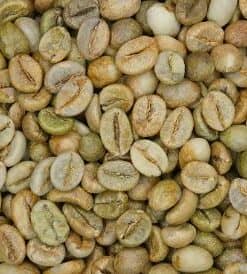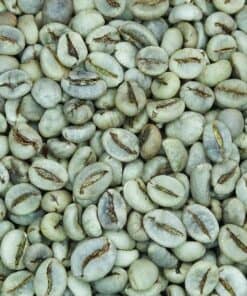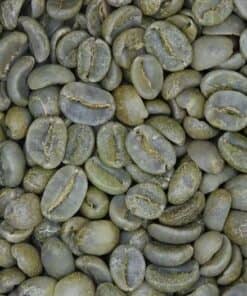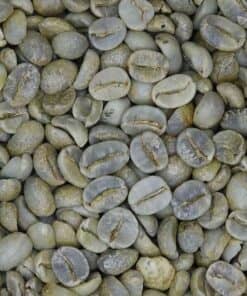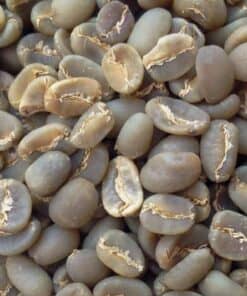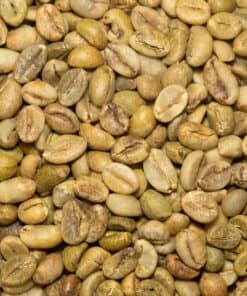Natural Arabica Coffee Beans (Fermented Natural Processing) – Specialty Grade
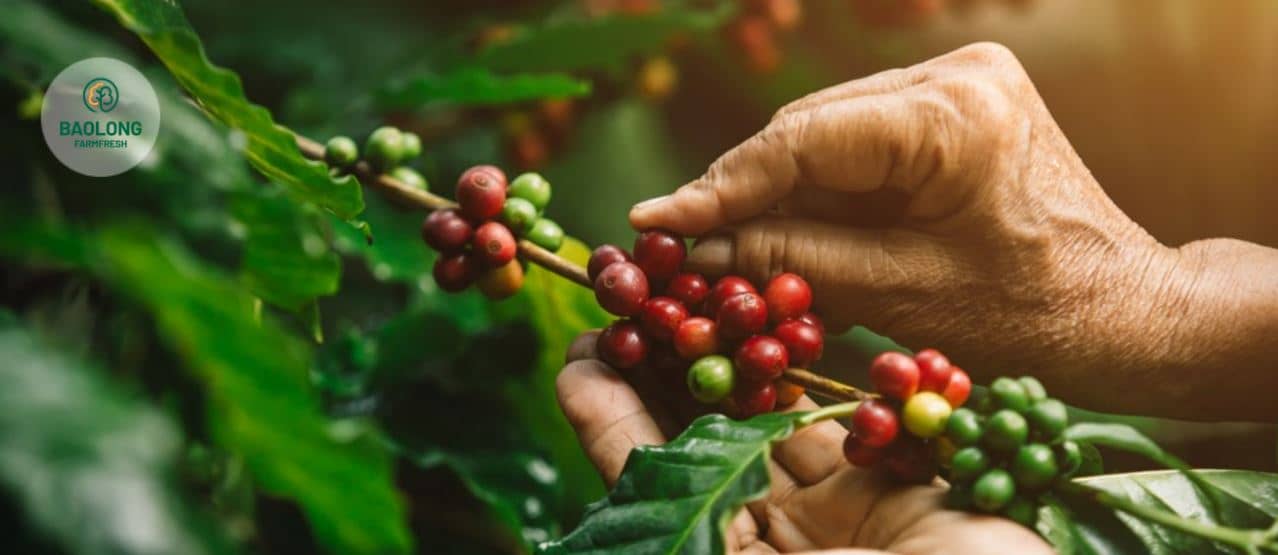
Natural Fermented Arabica Coffee Beans: A Unique Specialty Coffee Experience
Arabica coffee beans processed through natural fermentation offer a distinct, vibrant taste profile. This specialty-grade coffee showcases a rich spectrum of flavors, reflecting its meticulous post-harvest treatment and the unique terroir of its origin.
What is Fermented Natural Processing?
Natural fermented processing involves a careful fermentation stage while the coffee beans remain encased in their whole cherries. Unlike traditional natural drying methods, this approach unlocks an extraordinary range of flavors by allowing enzymes to break down the mucilage surrounding the beans.
- Enhanced Flavor Development: From tropical fruits like mango, pineapple, and passionfruit to berry-like undertones such as blackberry and red currant.
- Balanced Acidity: A sparkling, wine-like acidity enhances the fruity profile while offering a silky mouthfeel and lingering finish.
- Unique Characteristics: Depending on the fermentation duration and environmental conditions, hints of floral, honey, or even vinous notes may emerge, creating a bold and complex cup.
Why Choose Specialty-Grade Natural Arabica Coffee Beans?
Exceptional Standards: These beans meet specialty-grade requirements with rigorous sorting and cultivation at optimal elevations. Hand-picked and meticulously processed, they deliver outstanding flavor clarity and quality.
Sustainable Drying Process: The cherries are dried until their moisture content drops to 12–13%, a process taking 25–30 days. Once dried, the cherries are milled to remove the outer skin and husks, resulting in premium green coffee beans.
How Does Fermented Natural Processing Affect Coffee Quality?
- Harvesting and Sorting: Ripe Arabica cherries are carefully selected, with impurities removed for consistency.
- Drying Techniques: Beans are sun-dried or dried using mechanical methods to preserve nutrients and minimize impurities.
- Storage and Handling: Dried cherries are stored in ventilated sacks, ensuring proper preservation for export-quality coffee.
Challenges of Dry Processing:
- Unripe Fruits: If not filtered early, unripe cherries can affect the final flavor, adding undesirable “green” notes.
- Environmental Dependence: Drying requires careful control to avoid contamination from impurities or over-drying.
The Flavor Potential of Natural Arabica Coffee
Coffee processed through fermented natural methods delivers a vibrant and dynamic flavor profile:
- Tropical Sweetness: Notes of pineapple, ripe banana, and stone fruits.
- Balanced Acidity: A crisp and sparkling wine-like acidity.
- Lingering Aftertaste: Complex layers of sweetness, fruit, and floral honey.
Arabica Coffee in Vietnam: A Tradition of Excellence
Vietnamese coffee culture embraces natural processing for its unique contribution to flavor diversity. While wet processing remains common for export-grade Arabica, natural fermented methods offer an artisanal alternative that highlights the dedication of local farmers.
Regions like Lam Dong and Cau Dat have perfected these methods, leveraging their ideal climate and high altitudes to produce world-class coffee.
Key Insights into Fermented Natural Coffee Processing
- Drying Innovation: Drying on raised trellises enhances airflow and reduces contamination risks compared to traditional ground drying.
- High-Quality Control: Proper sorting ensures only ripe cherries are processed, preserving the coffee’s premium quality.
- Flavor Complexity: Fermentation during drying adds depth, making every cup a unique sensory experience.
By choosing Natural Arabica Coffee Beans (Fermented Natural Processing), you’re embracing a premium coffee experience that blends traditional craftsmanship with innovative techniques. Whether enjoyed as a morning brew or an afternoon indulgence, this specialty coffee delivers a memorable taste that stands out in the world of Arabica.




